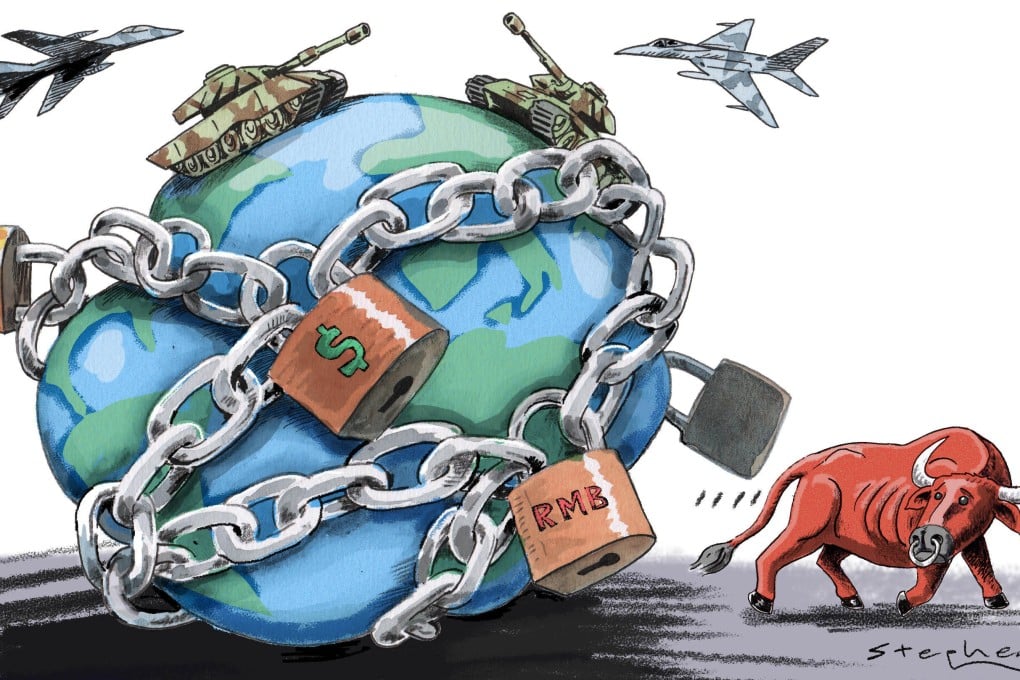Opinion | Three reasons foreign policy driven by security concerns will make the world poorer and more dangerous
- The world order that drove globalisation and allowed prosperity to spread is crumbling and being replaced with one based on security rather than economics
- New security arrangements can lead to a spiral of mutual suspicion, stifle growth and innovation, and hamper our ability to address global threats like climate change

Will the new world that emerges from this tumult be prosperous and peaceful? Will we be able to cooperate and manage global challenges, or will globalisation and the international order that supports it collapse?
In 1945, architects of the post-war order such as US President Harry Truman and Secretary of State Dean Acheson pondered similar questions as they surveyed a world destroyed by two global conflicts. A decade earlier, the Great Depression brought a vicious spiral of protectionism, economic hardship and nationalism that crippled global trade and sowed the seeds of war.
Economic cooperation was the foundation of the recovery from World War II, and it also helped us rebuild from the 2008 global financial crisis. Unfortunately, as we begin to emerge from the pandemic, current trends more resemble the isolationist 1930s than the post-World War II period.
